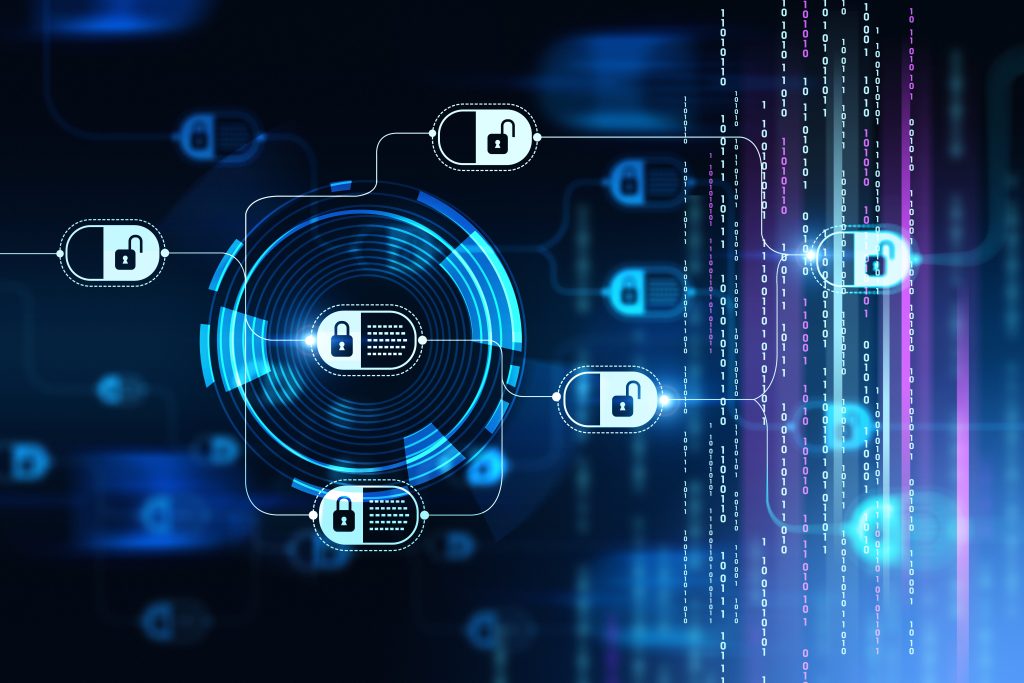Spain: A Pioneer in the Regulation of Security Tokens
The tokenisation of securities and financial instruments is currently one of the most significant vectors transforming the capital markets.
Through the use of distributed ledger technologies (DLT), the rights embodied in a security are represented by a token whose registration, transfer and custody take place on a blockchain network. This enables virtually instantaneous execution of transactions, reduces intermediaries and costs, provides full traceability of the chain of ownership and makes it possible to automate corporate events through smart contracts.
In this context, it is essential that holders of such tokens enjoy the same legal protection afforded by traditional market infrastructures, thereby avoiding legal gaps in the digital sphere.
Spain is, in fact, at the forefront of European Union jurisdictions in this area. Law 6/2023 on Securities Markets and Investment Services, enacted in 2023, is the regulatory cornerstone in this field.
That statute broadens the MiFID II definition of “financial instrument” to include “security tokens”, i.e., securities and financial instruments that have been issued, recorded or held using DLT or similar technologies. The definition encompasses, among others, shares in public limited companies, bonds, debentures, units in collective investment undertakings or private equity entities, and financial derivatives that have been tokenised.

To this end, the regulation introduces a third form of representation of securities and financial instruments —alongside paper certificates and book-entries— namely, representation through DLT-based systems.
Notably, the legislation does not confine tokenisation to low-capitalisation issuers, nor does it impose quantitative limits analogous to those set in the European Pilot Regime (Regulation (EU) 2022/858) for DLT market infrastructures. Under Spanish law, any class of transferable security or financial instrument may be represented through DLT-based systems, evidencing a clear commitment to technological neutrality.
“Notably, the legislation does not confine tokenisation to low-capitalisation issuers, nor does it impose quantitative limits analogous to those set in the European Pilot Regime (Regulation (EU) 2022/858) for DLT market infrastructures. Under Spanish law, any class of transferable security or financial instrument may be represented through DLT-based systems, evidencing a clear commitment to technological neutrality.”
Nor is it necessary for tokenised securities or instruments to be admitted to trading on a trading venue. Unlisted security tokens are permissible, and their transfers may take place privately between the parties, outside any trading venue. Naturally, the Pilot Regime applies to instruments intended to be traded and settled on authorised DLT market infrastructures (multilateral trading or settlement systems), bearing in mind that only certain financial instruments are eligible for such infrastructures, such as shares of issuers with a market capitalisation below €500 million or debt instruments with an issuance volume below €1 billion.
Thus, the Spanish framework eschews piecemeal solutions and provides full legal certainty for the issuance of security tokens, comprehensively regulating the core aspects of a token’s lifecycle: creation, transfer, proof of ownership, creation of liens, etc.
Unlike the two-tier structure characteristic of Spain’s traditional book-entry system —in which the central securities depository records participant entities’ positions, who in turn maintain detailed registers— DLT-based systems ensure the immutability and traceability of a single record, so no entity need actively enter each transaction. Nevertheless, an entity must be responsible for that single DLT register. Spanish law designates such an entity as the “entity responsible for the management of the entry and the register” (ERIR).
For security tokens not listed on Pilot Regime-authorised DLT market infrastructures (where the settlement infrastructure would assume the ERIR’s duties), an ERIR must be a regulated entity authorised to provide safekeeping and administration services for securities, namely an investment firm or a credit institution.
The ERIR’s functions mirror those of a central securities depository: guaranteeing the integrity of issuances, identifying tokenholders, providing investors with information on their securities and managing the recording and execution of registrable legal acts. The ERIR is liable to anyone harmed by errors, inaccuracies or delays in making register entries.
“For security tokens not listed on Pilot Regime-authorised DLT market infrastructures (where the settlement infrastructure would assume the ERIR’s duties), an ERIR must be a regulated entity authorised to provide safekeeping and administration services for securities, namely an investment firm or a credit institution.”
In the event of an ERIR’s insolvency, holders of tokens recorded in the system have a segregation right over the tokens registered in their favour, enabling them to require the insolvent ERIR to transfer those tokens to another ERIR.
Issuers must appoint an ERIR for each issuance and identify it in the issuance document. Preparation and publication of a prospectus may also be required if the applicable legal thresholds are met. Even where no prospectus is necessary —because the offer is made to fewer than 150 investors per EU Member State (excluding qualified investors), requires a minimum €100,000 investment, or totals less than €8 million in the EU— the participation of an entity authorised to provide investment services may still be compulsory if the issuance is advertised to the general public. That entity will validate the information to be provided to investors and oversee the marketing process.
Taken together, these elements place Spain in a pioneering regulatory position within the European Union. While other European jurisdictions have opted for limited sandboxes or partial regulatory extensions, the Spanish framework offers a comprehensive solution for the tokenisation of securities and financial instruments. Far from remaining theoretical, the regulation has already enabled several primary-market issuances of tokenised shares and debt instruments by Spanish companies, and at least one ERIR is already active. Moreover, various advanced projects are under way to authorise DLT-based multilateral trading systems.
Authors

Miguel Sánchez Monjo
Partner
Cuatrecasas
Search posts by topic
Advisory (7)
Alternative Investment (24)
Alternative investments (3)
AML (1)
Art (1)
Asset Management (27)
Banking (16)
Capital Markets (1)
Compliance (1)
Crypto-assets (3)
Digital Assets (3)
Digital banking (6)
Diversity (7)
EU (6)
Family Businesses (4)
Family Offices (2)
Fintech (10)
Fund distribution (22)
Governance (8)
HR (9)
ICT (1)
Independent Director (5)
Insurance (2)
Internationalization (1)
LATAM (9)
Legal (10)
Private Equity (4)
Regulation (1)
Reinsurance (2)
RRHH (9)
Sustainable Finance (23)
Tax (15)
Technology (6)
Transfer Pricing (2)
Trends (18)
Unit-linked life insurance (6)
Wealth Management (12)


